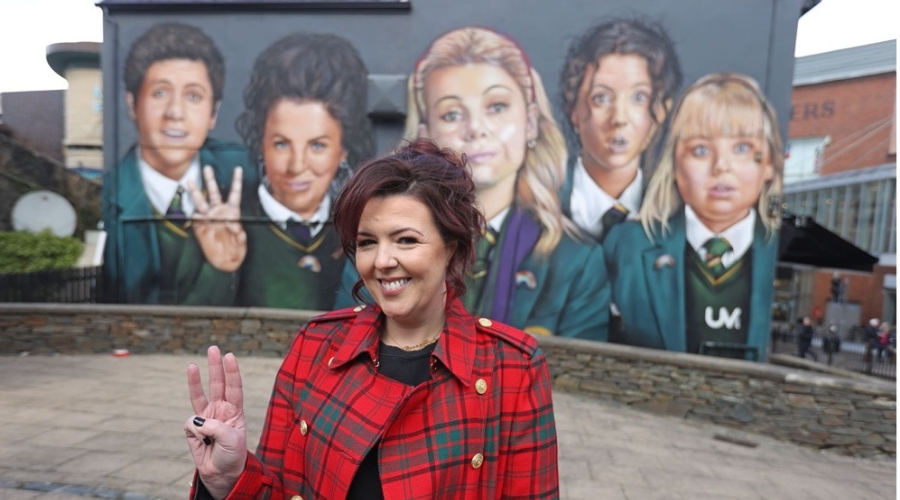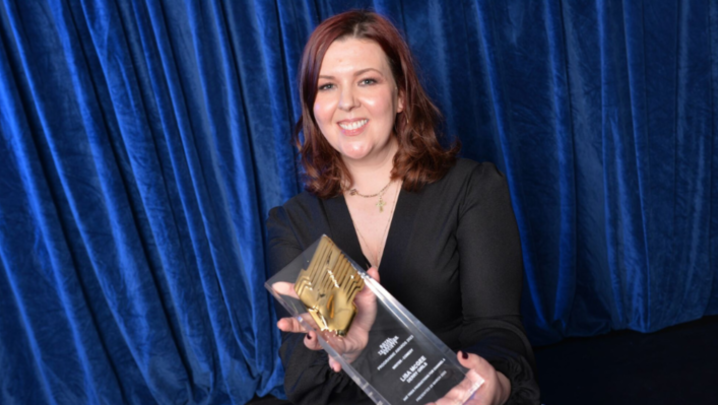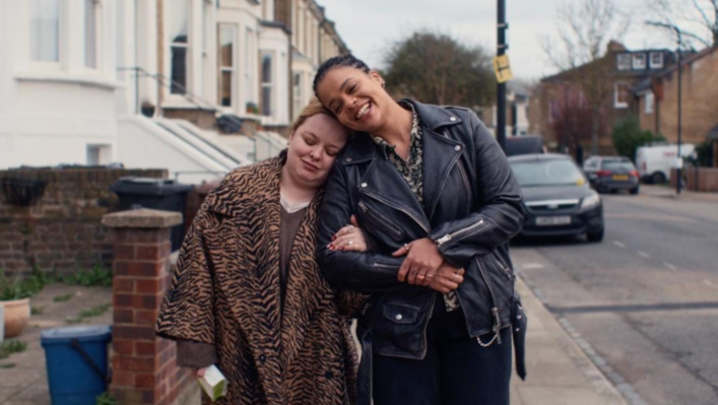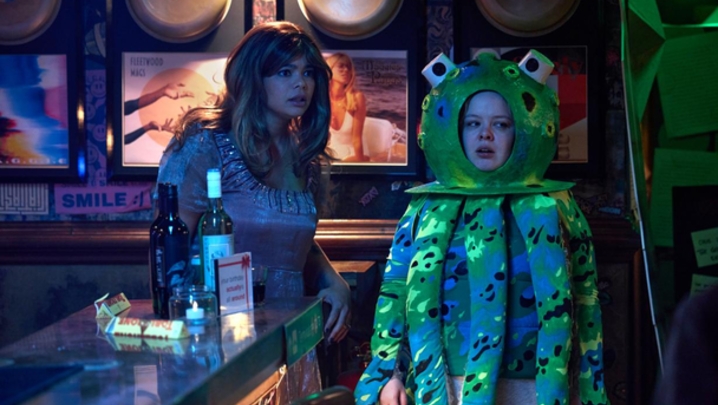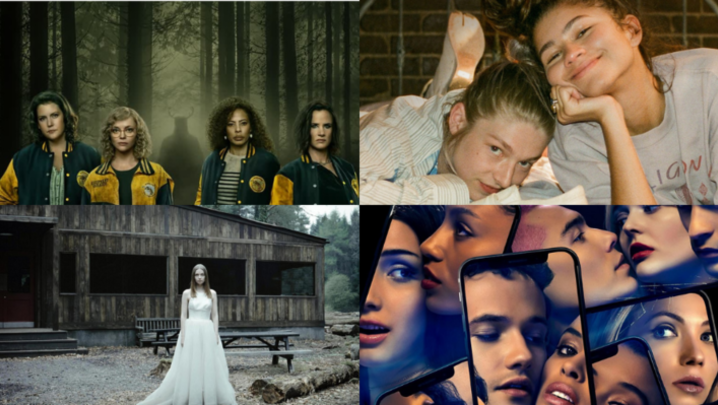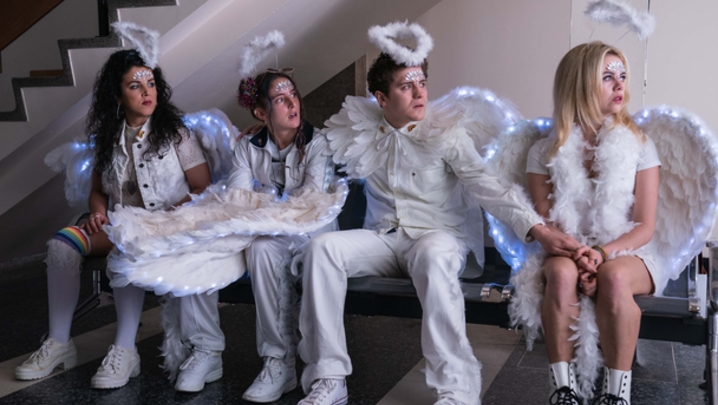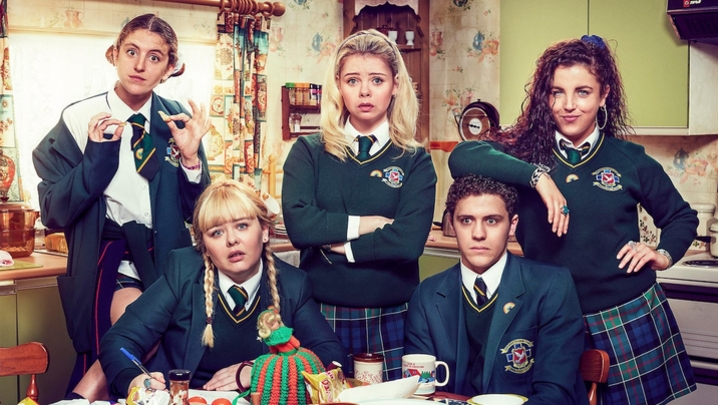“We are at the stage where Northern Irish stories should be about more than the terrible things that happened to us," said Lisa McGee, accepting her two RTS Programme Awards for Derry Girls, her Northern Irish sitcom. "They should be about the ordinary people who survived those terrible things. With humour and heart and warmth.”
Ordinary people, like the four girls and a “wee English fella” who form the Derry Girls. The tale of Erin (Saorise Monica-Jackson), Michelle (Jamie-Lee O’Donnell), Orla (Louise Harland), Clare (Nicola Coughlan), and James (Dylan Llewellyn), growing up and navigating sexuality, friendship, and drugged scones has resonated with viewers from the USA, Great Britain, and even Martin Scorsese.
However, this particular group of friends is growing up in Northern Ireland in the 1990s, so their teenage troubles run adjacent to The Troubles. The Derry Girls tackle anxiety over GSCE grades with the same level of grace and decorum they tackle a bomb on a bus or finding a member of the IRA in their car boot. That is to say, with none at all.
Derry Girls wasn’t always meant to have this “complicated backdrop”, as McGee initially toyed with making it modern and saw the Troubles as a problem to avoid. Viewers have executive producer Liz Lewin to thank for convincing her otherwise. “She just finds the stories I tell so funny,” says McGee. “She finds them so surreal and shocking, because of the relaxed way I talk about them.” I think McGee speaks for all of us when she adds, “thank goodness we decided to do that.”
When asked how she feels about being England and America’s primary educator on the Troubles, McGee laughs: “I think my History and Politics teachers at school would not have predicted that and find that hilarious.”
“It was just my life” she affirms, “it certainly wasn’t the intention, we didn’t know we were going to teach people about the Good Friday Agreement!”
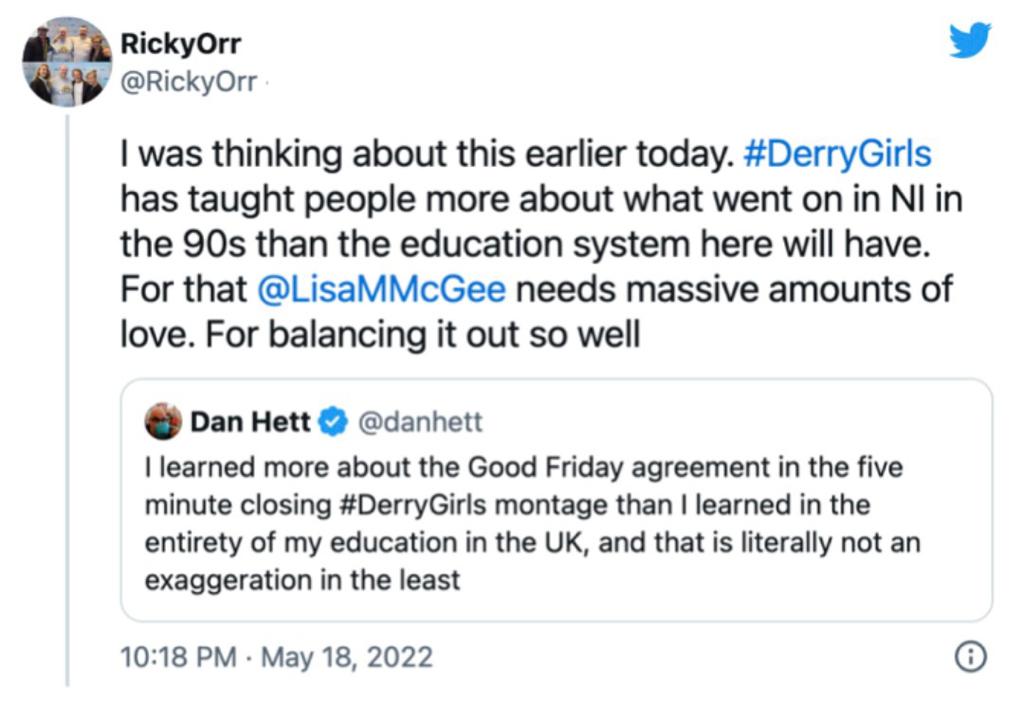
If there is an Irish history lesson we’ve been taught, it has always been through humour; in the very first episode, a bomb on the bridge causes distress as Aunt Sarah believes terrorists are purposefully interfering with her sun bed appointment. McGee thinks comedy can help slip a message in.
“Anything political, if I couldn’t do it through a joke, I wouldn’t do it because then it feels preachy,” she explains.
“Often when something tragic is represented on screen, it’s one note and there’s no room for that colour. It’s just sad.”
Throughout Derry Girls’ run, even death has been approached with humour. Series one saw the burying of Erin’s treasured dog Toto, only for it to reappear and urinate on the Virgin Mary’s face. Series two saw Ma Mary and Aunt Sarah attempting to steal their late mother’s earrings off their casketed Aunt’s ears.
This balance between humour and pathos comes naturally for McGee, but she maintains that “it’s not because of a gift, it’s from growing up in conflict like that”. Joking in the face of adversity is symptomatic of being Northern Irish.
“You'll be standing with the bodies in the coffin and all that and people are talking. And it's incredibly sad. But there's always the funniest situation, someone will always say something so inappropriate or ridiculous. And it's because you can't keep up that level of depression, anxiety and stress.”
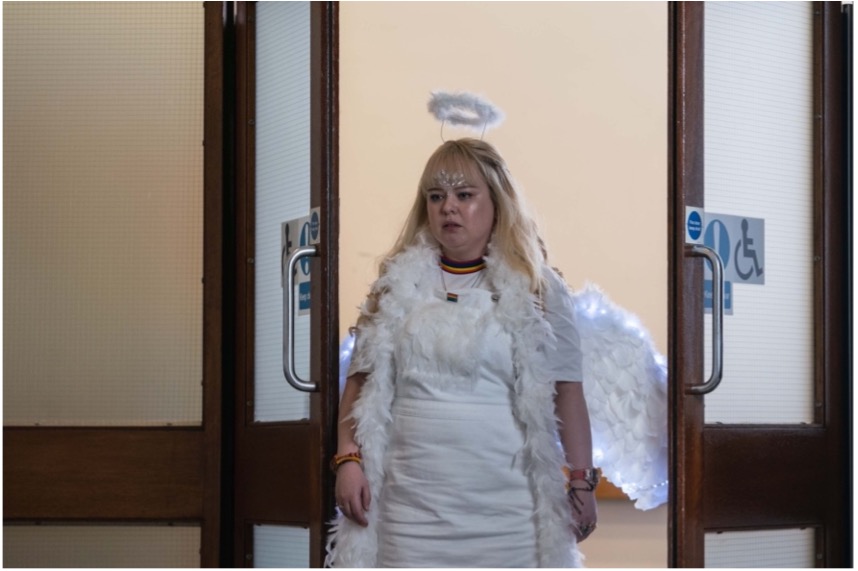
Credit: Channel 4.
In the rather tragic end sequence of the series, there are no jokes beside the coffin. The shock death of Clare’s father (David Ireland) slaps the viewer across the face without warning, and McGee offers us no kernel of humour to ease the tension.
“I think a lot of people wonder why I made the jump,” McGee commented. “When I was that age, my friend's dad passed away suddenly, and it wasn't Troubles related.
“It was very shocking, because I think we were so often being told to avoid this area and don't go out on this night, everything that our parents were trying to protect us from was to do with what was going on at the time. And then you realise that there's some things you can't be protected from."
Thankfully, McGee gifted us the Good Friday Agreement special episode soon after, where in classic form the girls deliberate about a vote that will change their futures, and how to throw the best party, in equal measures.
The inspiration for McGee’s next project came, in a roundabout way, from Derry Girls. Upon its premiere, McGee found her childhood group of friends watching a version of their teenage selves on screen.
“I started to wonder, what would those kids think about where we are now?”
The thriller comedy is in its very early stages, with McGee presently working on the scripts and storyline. The series will centre around an older female friendship group, McGee saying: “Sometimes we get too obsessed with romantic relationships – friendship groups fascinate me.”
The group of friends taking centre stage in this new series want to go on one last adventure, after finding their lives haven't quite turned out the way they had hoped.
Although they have been laid to rest after three series, the Derry Girls will live on in many forms, through themed afternoon teas, a thirty-foot mural of their likeness, and apparently in Lisa McGee’s brain. Years after finishing the show, she still found Erin, Orla, Michelle, Clare and James chatting away in her mind, and they only moved out once her new characters took up residence.
“They were having conversations in my head all the time. It takes a little while to switch that off.”

